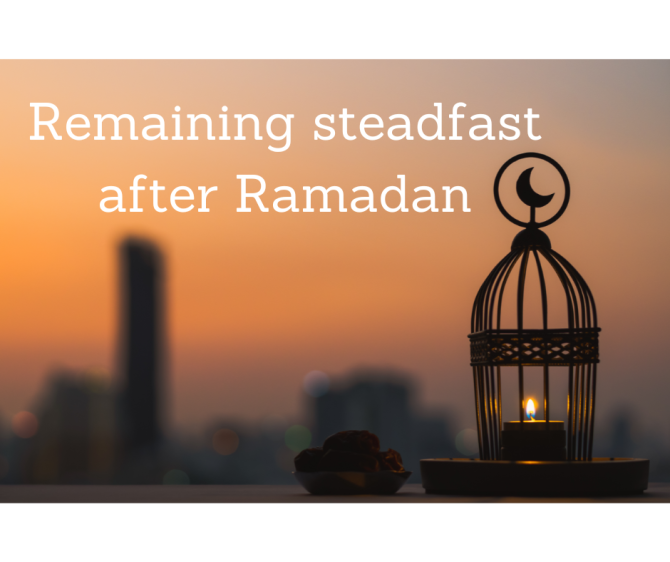
Haya (Modesty)A Fundamental Principle for Both Men and Women
In Islam, the concept of Haya (modesty) holds immense significance because it is deeply ingrained in the teachings of the faith. Often, the discussion around haya primarily focuses on women and their modesty in dress and behavior. However, it is crucial to understand that haya is equally important for both men and women, as it forms an integral part of the deen (faith) for all believers.
Haya is a comprehensive virtue that encompasses various aspects of an individual’s life including, modesty in dress, behavior, speech, and interactions with others. It is not limited to the outward appearance but extends to one’s inner state of humility, dignity, and self-respect.
For men, haya entails conducting themselves with dignity and humility in all aspects of life. This includes dressing modestly, speaking with respect, and behaving in a manner that upholds the values of Islam. Prophet Muhammad ﷺ exemplified haya in his character, interactions, and demeanor. Serving as a role model for all believers, regardless of gender.
What the Quran says
In the Qur’an, Allah SWT emphasizes the importance of haya for both men and women. In Surah Al-A’raf (7:26), Allah says,
“O children of Adam, We have bestowed upon you clothing to conceal your private parts and as adornment. But the clothing of righteousness – that is best. That is from the signs of Allah that perhaps they will remember.”
This verse highlights the significance of modesty in attire for both men and women, emphasizing the broader concept of righteousness and taqwa (piety).
Moreover, haya is closely linked to taqwa (Piety) and is a key element in developing a strong connection with Allah Azwajal. As stated in a hadith narrated by Abu Huraira, the Prophet Muhammad (peace be upon him) said,
“Eman (Faith) consists of more than sixty branches (i.e., parts). And haya is a part of faith.” (Sahih al-Bukhari 9)
For women, haya extends beyond physical appearance to encompass modesty in behavior and interactions. This includes lowering the gaze, speaking with dignity, and observing boundaries in social interactions. However, it is essential to recognize that haya is not synonymous with oppression or restriction but rather a means of safeguarding one’s honor, dignity, and self-respect.
Islam promotes a balanced approach, encouraging modesty as instructed by Allah SWT with regard to the dress code for both genders without promoting undue strictness or extremism. Both men and women are encouraged to adorn themselves in modesty to cultivate a society characterized by dignity, respect, and moral integrity.
In Conclusion
In conclusion, haya is a fundamental principle in Islam that applies to both men and women. It encompasses modesty in dress, behavior, and speech, reflecting a deeper sense of humility, dignity, and self-respect. By embodying the values, believers strive to uphold the teachings of Islam and foster a society guided by righteousness, taqwa and moral integrity.




Leave a comment